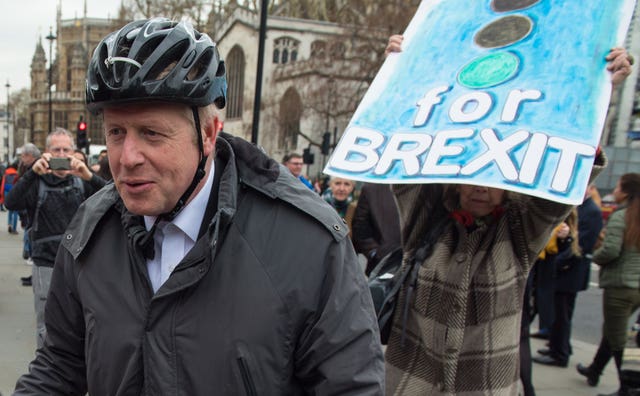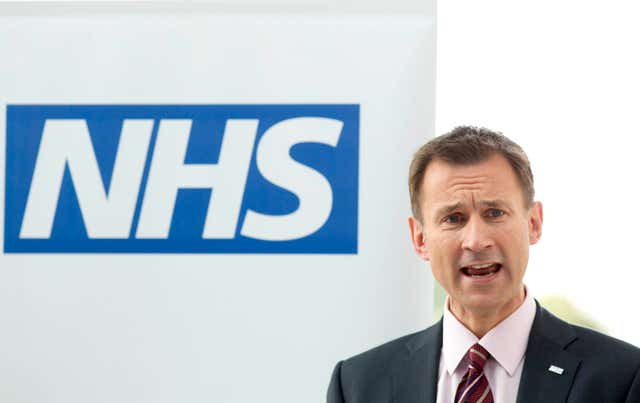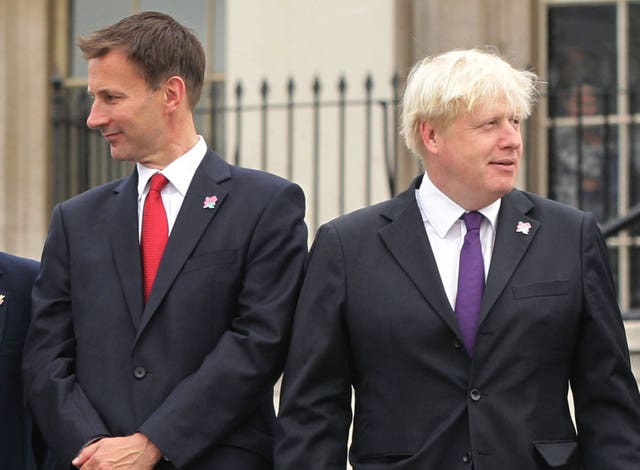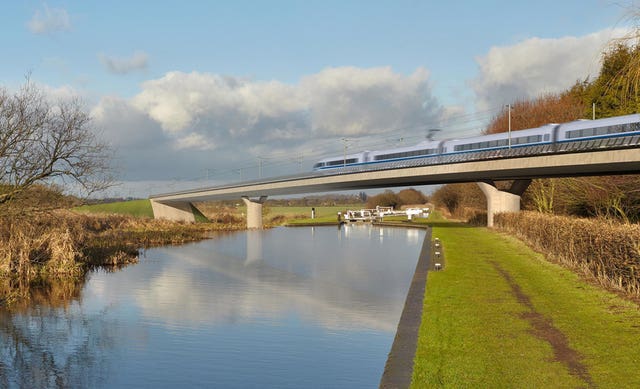The UK’s impending departure from the EU has dominated the Tory leadership debate, as it has done many a conversation nationwide.
But it is not the only issue on the table between the two contenders appealing to the Conservative Party membership to crown them Tory leader, and prime minister.
Here the Press Association takes a look at what Boris Johnson and Jeremy Hunt have said on some key issues:
Brexit

To start with the behemoth. There is one big difference between the candidates: the deadline.
Mr Johnson has made a “do or die” commitment to leave the EU by the Halloween date.
He has even refused to rule out taking the controversial measure of suspending Parliament to prevent MPs taking steps to prevent a no-deal exit.
But Mr Hunt has called October 31 a “fake deadline”, and said he would be willing to extend the due date if a deal with the EU was within reach.
They have also clashed on the so-called Gatt 24 mechanism, which Mr Johnson has said could be used to avoid tariffs in the event of a no-deal scenario.
Mr Hunt said that this was “factually” not possible, adding that he would not say Mr Johnson’s claim is “a lie because that suggests someone is doing something deliberately”.
Both, however, agree that the best solution would be to broker another deal to Theresa May’s and that – if it came to it – they would take the UK out of the EU without a deal in place.
Taxation
Mr Johnson first pledged to give a tax cut to earners on more than £50,000.
But this was met with some ire, with analysis suggesting it would cost around £9 billion and benefit the top 10% of earners.
Then he insisted he would prioritise cuts for the lowest paid, with a raise to the amount workers can earn before they start paying national insurance contributions.
Mr Hunt wants to “turbo charge” the economy.
He would like the main rate of corporation tax cut to 12.5%, a measure that the Institute for Fiscal Studies said would cost £13 billion per year in the short term.
The think tank also warned his plans to cut taxes but spend higher could “amplify” pressures on public finances.

The NHS
Mr Johnson said the health service needs more money, but also said it requires “reform”.
Mr Johnson ruled out a pay-for-access NHS under his watch, even as a result of a post-Brexit trade deal with the US, as some fear.
Mr Hunt spent more time in the post of health secretary than anyone else. But his tenure was controversial and he was largely unpopular with staff during the junior doctors’ strike.
He insists he was “doing the right thing”, but his failure was in communicating his message.
But he has spoken of his pride of the UK pioneering universal health coverage and denied he has any desire to privatise it.
Immigration
Mr Johnson pledged to guarantee the rights of EU citizens living in the UK in a post-Brexit world.
He also wants a points-based system for immigration, similar to that in Australia.
Mr Hunt called for “flexibility” to immigration numbers, though he wants to bring them down and review the £30,000 salary minimum for those arriving to work from overseas.

Knife crime
Mr Johnson points to his record as London mayor when discussing the devastating issue.
He supports the use of stop-and-search and pledged to give police the political protection “to do what they signed up to do”.
Mr Hunt said his own party’s austerity cuts to police budgets had gone “too far”, and committed to increasing police numbers.
Defence
Mr Hunt has pledged to increase spending on the defence budget to 2.5% of the national income, a measure that could cost an additional £15 billion in four years’ time.
No bold pledges have emerged from Mr Johnson on the subject at this stage in the debates.

HS2
Mr Johnson is not a big fan.
He said the new high-speed railway to link London, the Midlands and the north of England is going to cause “a great deal of difficulties” for his constituents in Uxbridge and South Ruislip.
“Anxieties” about the business case, was another issue he raised, and he said he would have a review of the project.
Mr Hunt has described it as “absolutely vital” and hailed it as a way to “spread prosperity to the whole country”.
He also said he supports the Northern Powerhouse Rail.
Heathrow third runway
He once vowed to lie down in front of bulldozers to stop the airport’s expansion, but Mr Johnson has seemingly softened his opposition.
The MP said he still has “grave reservations”, but said he would instead follow court cases “very closely” as prime minister.
Mr Hunt is clear: he would back the expansion.
















